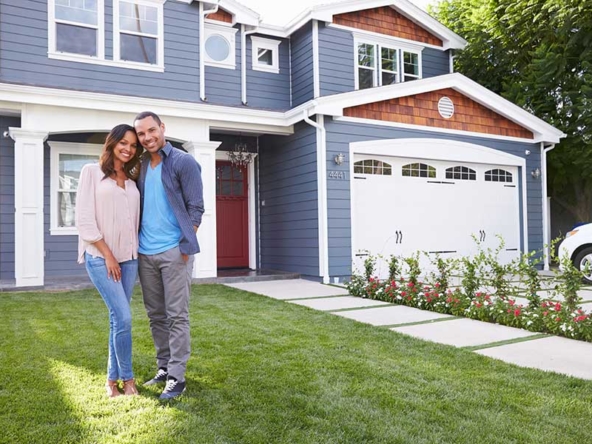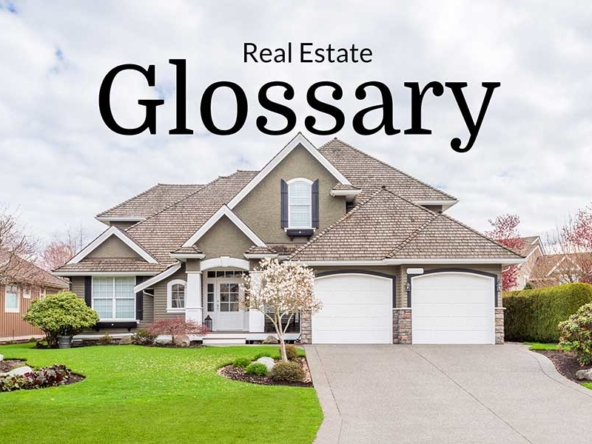How much can my home sell for?
There are many websites that have estimated values but, the main issue with those values is they are a blanket estimate of prices and don’t take in many features that can increase value like views and/or upgrades. They also usually don’t factor in the neighborhood either. A nicer community that is only a mile or so from a lesser/older community can be lumped together in the valuation. The best way to get the value is to order an appraisal. The best and free way to get an estimate of value is contact us for a list of recent comparables.
How do I sell “AS IS”?
Unfortunately, in real estate the term “As Is” does not directly apply. Any material fact that may directly affect the buyer must be disclosed and if not then could lead to a lawsuit down the road. Such things would include any material or major defects such as structural defects, possible easements, neighborhood problems, etc.
What do I need to do to sell my home?
Simple. Just call us! 😊 But on a less serious note, there is no need to get stressed about selling our home because there is usually not that much to do. There is always a potential buyer for any property but answering this question also depends on a few factors:
- What condition is your home in?
- Is it clean and presentable?
- How much are you looking to get?
- Where is the property? (Location, Location, Location)
We have sold properties in all sorts of conditions but like anything, the better shape the home is in, the more appealing to buyers. If the home needs repairs, you can simply make the repairs and sell at or maybe above market value or, offer a discount to the buyer and let them make the repairs themselves. However, all known damages will need to be disclosed to the buyer and significant repairs (mold, slab leak, cracked foundation, etc.) will need to be fixed by the seller because it would affect the potential of a new lender approving the financing.
How long will it take to sell?
There are many determining factors that sell a home. Some can be controlled and some cannot. While economic factors are generally out of our control many home and marketing features can be. We hear location, location, location are the three main factors but price is a very high determining factor as well. Pricing the home comparable to the area and recently sold homes is the best way to set a price but there are a few other things that can help sell the home as well. (See answer to staging and showing)
What is a Contingency?
A contingency is an out for the buyer or seller during the transaction. It’s basically another word for condition. Meaning, once a condition is met or not met then the next thing happens. For example, if the buyer has a contingency on the appraisal being valued at asking price but it doesn’t then the seller could back out. Same thing for buyer financing. If the buyer is unable to secure financing, then they can cancel the transaction; albeit if they do not have the funds to purchase, they cannot close anyway.
Contingencies are not just for the buyer though. The seller could have a contingency that they need to close on a new home first before completing the sale of their home. If the new home the seller is buying falls through, they can cancel the sale of their home.
Will you do open houses?
Yes. Absolutely! Unless for some reason you prefer us not to. With that being said, nationally, only about two percent of homes sell as a direct result of an open house; however, if you are occupying the home, it’s a great way to set up viewings even for other realtors who have clients. Open houses are a good way to keep the home active and get traffic from potential buyers.
Do I need to be home while showing or can we schedule by appointment only?
It is not required to put a lockbox on the home so appointment-only is definitely an option. Another option, if it’s a seller’s market, is only allow buyers and agents to view during an open house or specifically dedicated time slots. That would cut down on the frequency of showing the home but honestly, not everyone can make it within the hours of an open house so, unless it’s a hot seller’s market, it’s best to schedule viewings when the buyers are available. As for being home it’s actually best if you’re not. People generally feel a little uncomfortable going into a stranger’s home and it can make it even a little more uncomfortable when the sellers are present. The best thing is to have the home ready, meaning free of clutter and generally tidy where possible, and simply step out for a few minutes. The last thing you want to do is follow them around the home. That can make any buyer uncomfortable and they could simply leave. Buyers never want to feel uncomfortable in a home they are considering themselves living in.
Is it necessary to stage the home?
People love the look of a professionally modeled home so much they have TV shows dedicated to it. The answer though is both yes and no. It is not required to have a professional come in and redecorate or even move your furniture out and stage it with new furniture but, it is necessary to stage what’s there. What that means is simply to de-clutter where or if necessary and organize. Clutter is not a bad word, or even a bad thing necessarily, but the idea is to have the buyer envision themselves living in the home. The more items that distract them from doing so could also distract them from putting in an offer.
I put a lot of money into my pool, does that increase the home’s value?
Yes, however, an expensive pool usually does not return the investment put into it.
Do solar panels increase the home’s value?
Generally speaking, yes. But by how much can vary depending on where the home is located. Some states and counties offer premiums for solar panels.
What if the buyer asks to extend escrow, do we have to agree?
No. The terms of the agreement are negotiated at the beginning of the process and there are timelines that both the buyer and seller need to follow. However, it’s usually easier to extend an escrow than to start over. There are of course varying factors such as how long does it need to be extended, has it already been extended before, is the market changing, are values going up/down, is there a better backup offer that can be accepted in its place, etc.
Do we have to complete the request for repairs from the buyer?
The seller does not actually have to repair anything, but it also depends on a few factors involved as well. A typical purchase agreement has a clause that allows the buyer to back out of the transaction if there are repairs required. The buyer’s lender will also not close on a home that needs repairs on things like dry rot, termites, etc. Not completing repairs could require lining up a new buyer and the new buyer could wind up asking for the same, or maybe even more, repairs. Another option is to offer the buyer a credit after closing for the cost of repairs and they can complete the repairs themselves – this doesn’t work for repairs the lender requires though.





